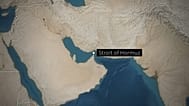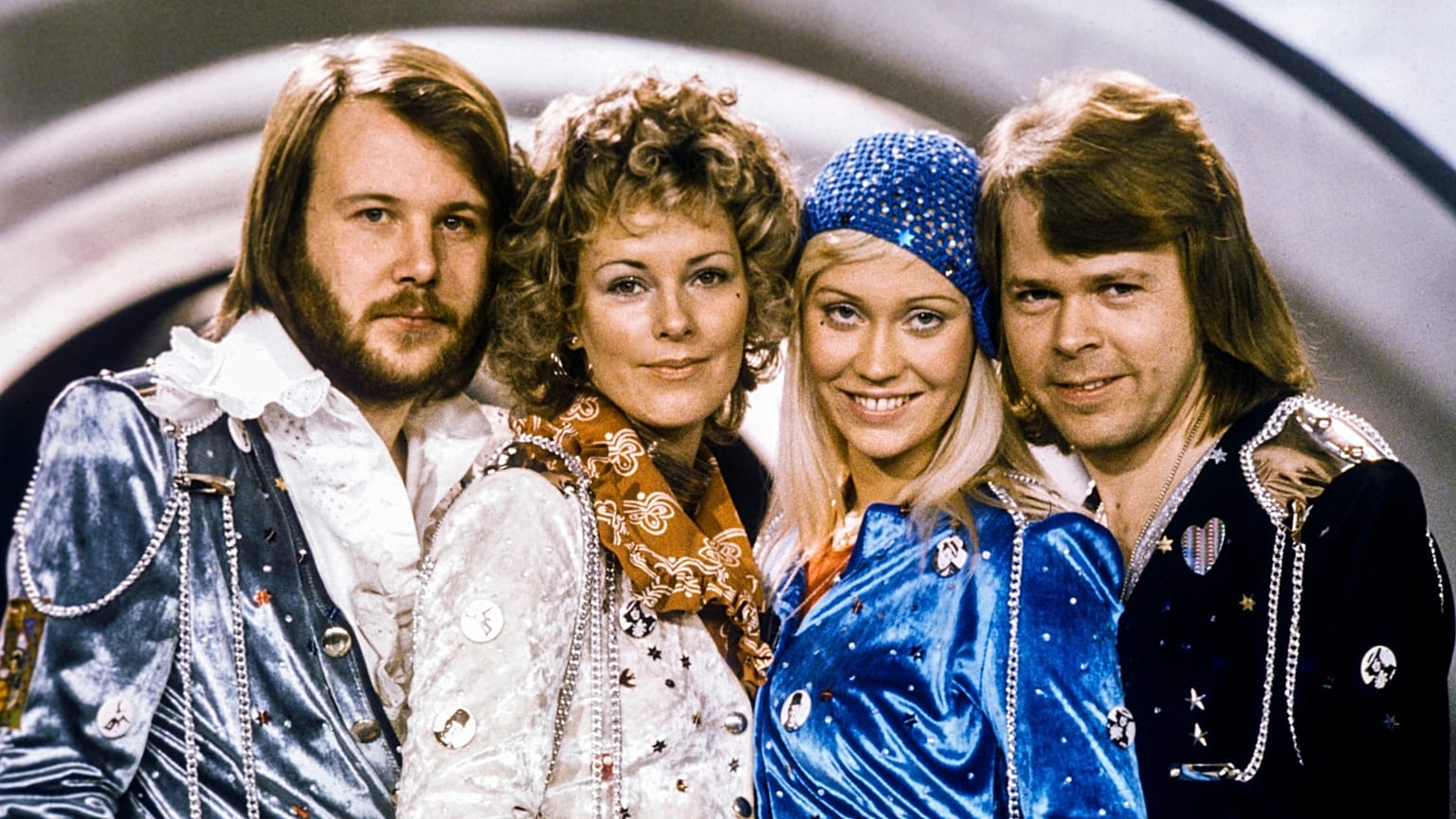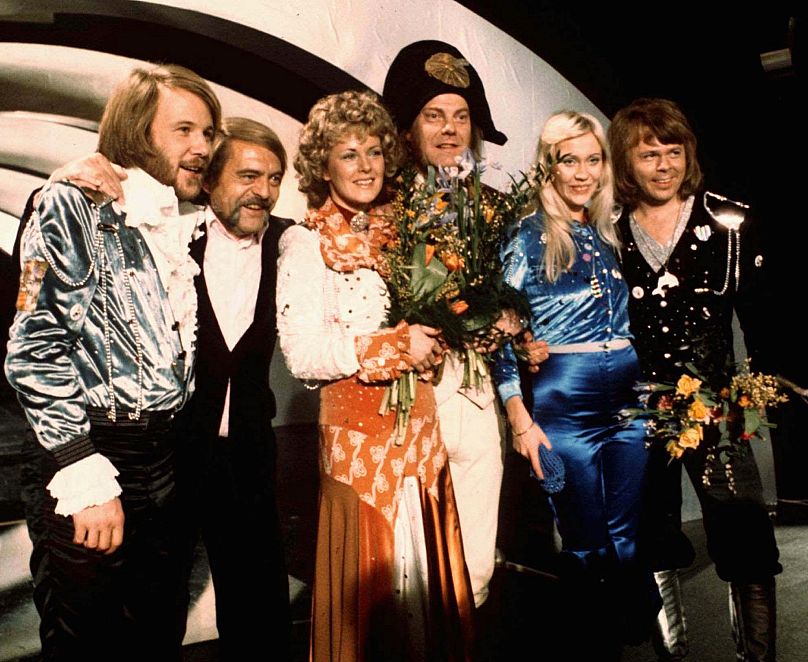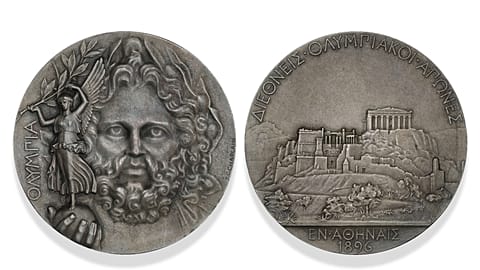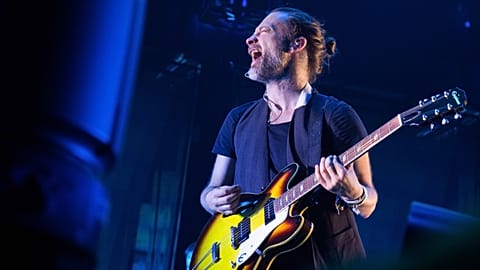A look back on the day ABBA won the Eurovision Song Contest, and the continent's hearts.
6 April 1974: “Waterloo! Couldn’t escape if I wanted to” - ABBA wins the Eurovision Song Contest
 ADVERTISEMENT
ADVERTISEMENT
 ADVERTISEMENT
ADVERTISEMENT
As we all gear up for the 2023 Eurovision Contest, it’s worth spending a moment to look back on its most legendary year. Eurovision might seem like a big deal now, but in the 70s it was at a whole other level.
Just like the upcoming contest, the 1974 edition was also held in the UK despite it not being the previous winner. While 2022 winners Ukraine aren’t able to hold the contest due to Russia’s invasion, in 1974 Luxembourg had back-to-back wins and already hosted it so passed the baton onto the UK.
And where better to host the kitschest contest in the world than in the UK’s queer capital, Brighton? The stage was set for an iconic year.
Ahead of the contest, held on this day in 1974, France pulled out of the race, citing the death of President Georges Pompidou, while Greece made their Eurovision debut.
After wins in 72 with ‘Après toi’ by Vicky Leandros and in 73 with ‘Tu te reconnaîtras’ by Anne-Marie David, Luxembourg’s entry was German-English singer Ireen Sheer with the song ‘Bye Bye I Love You’. Before she made her name in musical film Grease, Australian singer Olivia Newton-John represented the UK with the song ‘Long Live Love’, while Gigliola Cinquetti returned to the competition after winning for Italy in 1964.
It was feared that Cinquetti’s song ‘Sì’ (‘Yes’) would influence an upcoming referendum in Italy over divorce, so the country didn’t broadcast the contest until a month later.
But the headline act of the entire ceremony was the debut of Swedish pop group ABBA. Formed in Stockholm in 1972, musical couples Agnetha Fältskog and Björn Ulvaeus; and Benny Andersson and Anni-Frid Lyngstad, joined together as an official foursome after successful pop recordings as “Björn & Benny”.
ABBA tried to enter the 1973 Eurovision Song Contest by competing in that year’s Melodifestivalen, the Swedish national selection competition. Their song ‘Ring Ring’ failed to qualify. With renewed efforts, the group set their sights on 1974 with a new song, ‘Waterloo’ in English, instead of their native language Swedish.
The song won over Swedish audiences at the next year’s Melodifestivalen in February before ABBA took their act to Europe at the Eurovision Grand Final.
ABBA won by a clear margin on the day. With full jury points awarded to them by Finland and Switzerland, they beat out second-place Italy by six points.
As ABBA celebrated their win, they performed the song ‘Waterloo’ again in the Grand Brighton Hotel, on the appropriately named first-floor Napoleon suite. They couldn’t know it then, but the group were on course for pop history.
ABBA are the most successful entry in Eurovision history having sold over 380 million albums and singles since their win. 25 years to the day after their victory, ABBA would unveil the jukebox musical Mamma Mia!, compiling the greatest hits of their career, in the West End on 6 April 1999.



